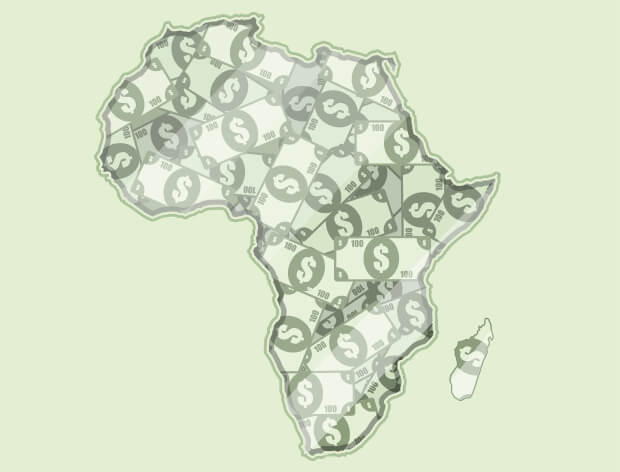Absa and the African Development Bank (AfDB) have signed an unfunded US$250mn risk participation agreement (RPA) to address the trade finance gap in Africa.
The three-year facility, originally approved by the two parties last year, was finalised on November 12 on the sidelines of the AfDB’s Africa Investment Form, and will see the AfDB and Absa share default risk on a portfolio of eligible trade transactions originated by African issuing banks across key sectors including agriculture, energy and light manufacturing, with a special focus on SMEs in fragile and low-income African countries.
Leveraging AfDB’s AAA rating, Absa will underwrite these trade transactions. An AfDB spokesperson tells GTR that these will include letters of credit, pre-shipment and import loans, export and import invoice financing, and bonds and guarantees among other instruments. The tenor of individual transactions will not exceed two years. Under the terms of the RPA, AfDB will assume up to 50% of every underlying transaction, with this proportion increasing to 75% in special cases. Absa will confirm the transaction, bearing a minimum of 50% of its underlying risk.
“The RPA facility is one of the tools employed by the African Development Bank to alleviate poverty and achieve robust economic growth and sustainable development on the continent through increased trade facilitation of import-export activities of African local corporates and SMEs; enhanced inter and intra-Africa trade; and regional integration,” says Pierre Guislain, the AfDB’s vice-president for infrastructure, private sector and industrialisation.
With this deal, the two sides are seeking to narrow the divide between trade finance demand and supply on the continent by tackling the main challenge faced by African issuing banks: that they are relatively small and thus struggle to obtain adequate trade finance facilities from international confirming banks to support African importers and exporters, particularly SMEs. This challenge has grown significantly over the last few years as many international banks have reduced their credit risk stake in developing markets or left them altogether as a result of derisking.






